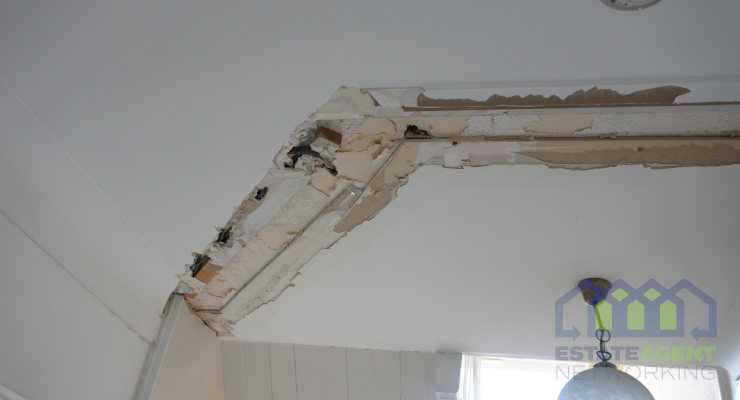5 Ways to Prevent Mould Growth in Your Home
Mould is a serious household problem that can affect your health, your home’s structural integrity and your property value. If you fail to prevent mould and bacteria, you and your family may incur health issues, such as respiratory problems, headaches or sinus infections.
For this reason, you should aim to stop mould tackle the problem immediately. If you’re looking for preventative tactics to ensure you never struggle with the issue, here are 5 ways to prevent mould growth in your home.
1. Ventilate Your Home
Poor ventilation can cause mould and bacteria to develop in the home. Mould is more likely to occur more during a damp winter as you will be less likely to open your windows during cold weather, meaning that it will form in the corners of your room.
You should try to routinely open your windows to ventilate your home and allow moisture to flow outside, particularly when cooking or after showering to prevent condensation.
2. Care for Your Carpets
When people think of mould, they often imagine unpleasant black spores surrounding windows and doors. Yet, some types of mould are invisible to the naked eye.
You might be surprised to discover that mould can grow in your carpets. If you notice an unpleasant smell coming from your flooring, you must organise a professional deep cleaning company to banish the mould.
3. Take Action After a Flood
Flooding is a common natural disaster in the UK that affects areas up and down the country. Unfortunately, some homes and businesses struggle to recover, while others can bounce back quickly with the right restoration tactics.
It is important to book a flood restoration service as soon as possible if your home experiences flooding. Even it appears fine after the water has disappeared, the contaminated water can result in mould and bacteria growth. If left untreated, the problem can spiral out of control.
4. Shut Your Kitchen and Bathroom Doors
As the kitchen and bathroom are more prone to condensation than other rooms in the home, you must keep the doors closed when in use. By doing so, you will stop excess moisture from making its way to various rooms across the home. Otherwise, condensation can build up which can result in unwanted mould growth. In addition to this, it’ll be worthwhile investing in a good extractor fan, as this will be able to suck up more of that leftover moisture, helping to keep your home drier and far less damp.
5. Review Your Home for Leaks
Leaks can strike in the most unusual places across the home, such as behind toilets, underneath sinks, under radiators or around your dishwasher. Kettle and shower leaks can also occur, which can result in excess moisture in a room. If you discover a leak, you must call a plumber to rectify the problem immediately.
By following this advice, you can enjoy a fresh, fragrant and healthy home while preserving your property’s aesthetics and value.









